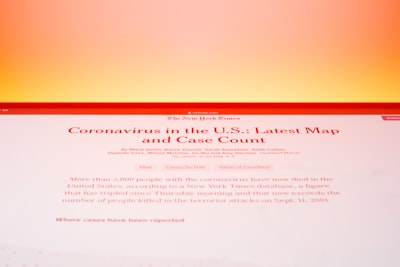Overview
TikTok is a video-sharing social media platform owned by ByteDance Ltd., a technology company headquartered in Beijing, China. Since its international expansion, TikTok has become one of the most popular social media applications globally, particularly among younger users. However, its ownership structure and data practices have generated ongoing debates related to national security, privacy, and geopolitical tensions, especially between the United States and China.
National Security Concerns
The primary security concern raised by U.S. lawmakers and regulatory agencies centers on the potential for the Chinese government to access user data collected by TikTok. Under China's 2017 National Intelligence Law, Chinese companies may be compelled to cooperate with state intelligence work. Critics fear that this may include sharing personal data of U.S. citizens with Chinese authorities, thereby constituting a national security risk. Additional concerns include algorithmic manipulation, influence over public opinion, and the possibility of the platform being used for foreign disinformation campaigns.
U.S. Government Actions
Since 2020, both the executive and legislative branches of the U.S. government have taken steps to address these concerns. In August 2020, then-President Donald Trump issued an executive order threatening to ban TikTok unless ByteDance divested its American operations to a U.S.-based entity. Further legislative action culminated in 2024, with the passage of a law requiring ByteDance to sell TikTok's U.S. operations or risk bans on app stores and web hosting services.
The U.S. government has extended deadlines multiple times to allow for negotiations between ByteDance and potential U.S. buyers. These negotiations have involved regulatory scrutiny and considerations regarding data privacy, transparency, and operational independence.
International Context
The United States is not alone in scrutinizing TikTok. Several other countries, including India and members of the European Union, have either banned the app or investigated its data practices and impact on national security. These actions are part of a broader debate on the regulation of social media platforms with foreign ownership, especially those originating from countries with differing data protection standards and government oversight structures.
Relevance and Future Implications
The TikTok controversy illustrates the intersection of technology, national security, and international diplomacy. It raises fundamental questions regarding digital sovereignty, consumer privacy, and the regulation of global technology firms. The outcome of negotiations and legal proceedings concerning TikTok's ownership and data management may set precedents for other cross-border technology enterprises and shape the future landscape of global internet governance.

Comments
No comments yet. Be the first to comment!